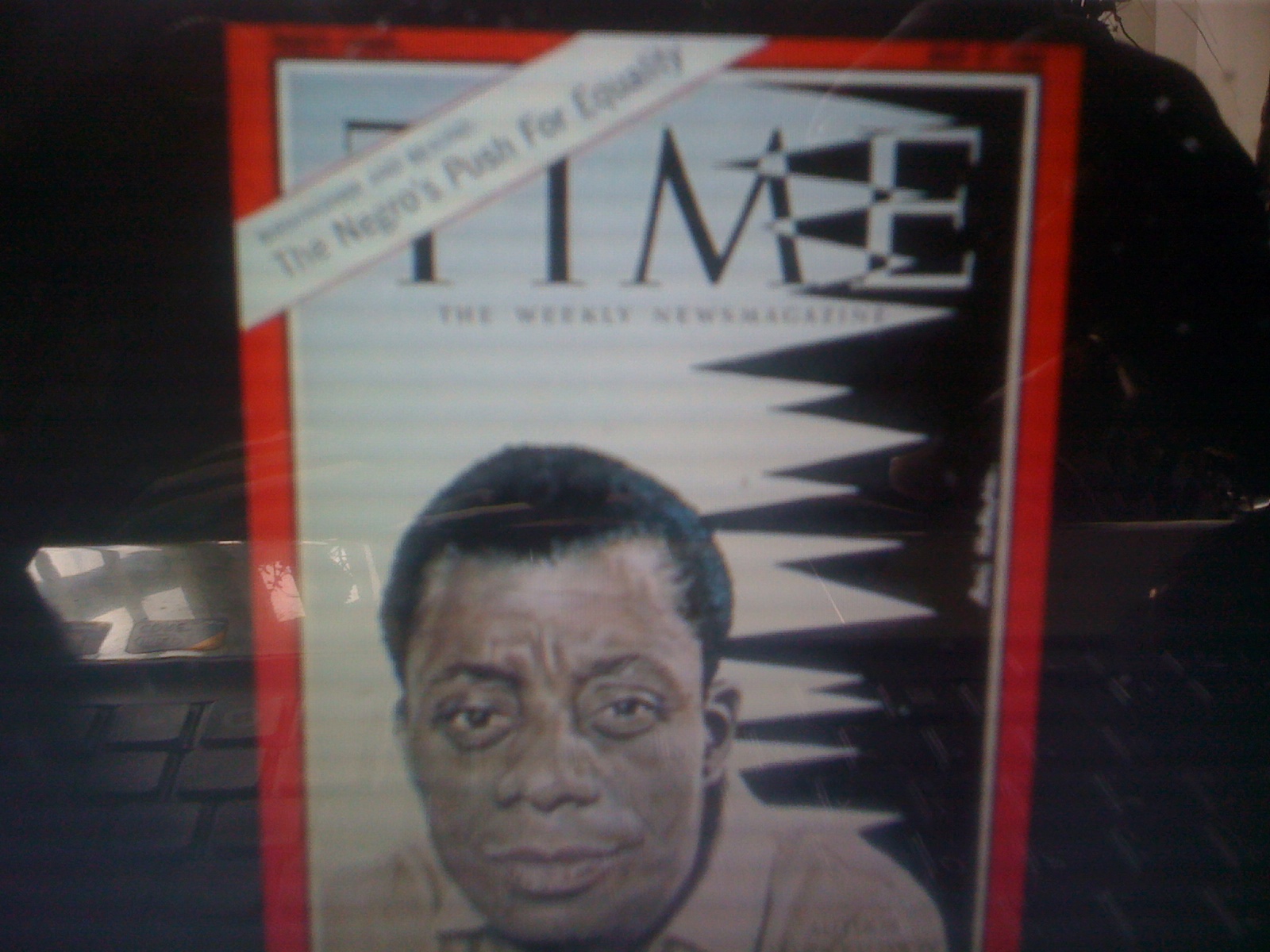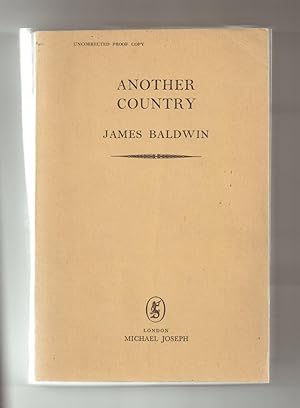


This is not much reality with which to reconstruct the dense world of a serious novel. One character is said to be religious, but nothing follows from it in her behavior. Of the social situation in which all are trapped. Nobody even mentions any political action or concerted protest, or reasons about the causes and possible remedies Routinely: the author concentrates on her "personal" problem other couples are explicitly going to be childless. The only non-artistic protagonist is a mother, but her motherhood is presented Of sunny love of the actor and a young fellow, it does not once occur to the older man that the youth ought to be making something of himself in the world. One character is a waitress, but nothing more is told there is once or twice an unspecified hint of a "gig" (or job), but nothing of its pointlessness or exploitation. It is puzzling how most of Baldwin's people make a living. There is some too tolerant treatment of Madison Avenue as whorish, but the book is not about this either.

To strike immediately to reality without training and despite a foolish script. One tiny bit each is described of the singing and acting, and the gist is significantly how We do not know what the honest writer in this book is struggling to say, nor how the other writer has been deceitful, nor what the drummer drums. Yet it is not a book about the artist's life and mÈtier, nor about creative life. Five of the protagonists are a blocked writer, a writer who sells out, a jazz-drummer, a blues-singer and an actor. And since there is not enough on-going world to support the jealous, their jealousy comes merely to sullenness and separation, without insight, liberation or useful grief.Ĭonsider the vacuum. Merely affirms their love to be important. Unfortunately the persons of "Another Country" exist in a kind of vacuum: they do not have enough world to grow in, so love does not lead to community, procreation, productive collaboration, character change or even personal security. The divisiveīarriers, on the other hand, he explores as far as sexual jealousy, and there are scenes of violence. These are told frankly and pretty well, the homosexual ones somewhat better because they are less hectic and abrupt. His plotting urges toward the breakdown of the barriersĪnd the recovery of common humanity in love, a love that, in this book, invariably climaxes in sexual bouts. In "Another Country," James Baldwin, who has made a name for himself with two previous novels and two collections of essays, studies the homosexuals and Negroes, often in parallel scenes. There is a modern triad of objects of prejudice: Jews, homosexuals and Negroes. He barriers of prejudice between us create new barriers within us-suspicion, self- contempt, the need for revenge-and these separate us stillįurther.

JNot Enough of a World to Grow In By PAUL GOODMAN


 0 kommentar(er)
0 kommentar(er)
